Messages of Iraq’s Elections
Mohammad Saleh Sedqian, in an interview with the website of the Strategic Council on Foreign Relations, stated: “Iraq’s recent elections held dual significance for both inside and outside of Iraq and conveyed multiple strategic messages. These elections were held in a highly tense regional atmosphere, which over the past two years has been influenced by developments in Palestine, Lebanon, Syria, and other crisis-prone areas, and this very fact doubled their importance.”
He added: “The results of Iraq’s recent elections can be examined from two angles: first, the voting outcome, and second, the post-election phase, including government formation, and determining the parliament speaker and the president. Furthermore, the 56% participation rate, despite Muqtada al-Sadr’s election boycott, showed that Iraqi society is on an evolutionary path.” Sedqian emphasized: “This participation rate, compared to previous periods where actual participation was below 40%, is considered a significant increase and carries an important message for domestic and foreign observers.”
He clarified: “The calm holding of the elections without foreign interference or serious violations had structural importance. For the first time, the complete security of polling centers across various Kurdish, Sunni, and Shiite areas demonstrated an established process of political maturity among citizens. This situation indicates that after 23 years since the fall of Saddam’s regime, Iraqis have reached a stage of political institutionalization; an event not experienced in the half-century before 2003.” He added: “The performance of the electoral commission in terms of technical and administrative transparency is considered a milestone, because the voting process was carried out under the guidance of internal Iraqi structures, and this issue signifies increased trust in domestic institutions.”
Political and Structural Challenges After the Elections
Sedqian identified the first challenge as forming the “larger bloc” and said: “This bloc, which according to the law can determine the parliament speaker, the president, and the prime minister, plays a decisive role. The distribution of seats is such that no political current alone can form a majority.”
He explained: “Various coalitions, including currents close to the State of Law, allies of Nouri al-Maliki, Sunni groups close to al-Halbousi, and other actors, have each obtained between 28 and 45 seats, and this very fact increases the necessity of forming complex coalitions.” The Iraqi affairs analyst added: “The second challenge is the degree of influence of external actors on Iraq’s political processes. The crises in Palestine, Lebanon, and Syria, as well as the competition among extra-regional powers, all affect Baghdad’s decision-making structure. Any security or political development in the region is quickly reflected in Iraq and places the future government in a sensitive position.”
Referring to the economic challenge, he said: “The water crisis resulting from Turkey’s actions at the headwaters of the Tigris and Euphrates, the lack of a development program, widespread unemployment among graduates, and the persistence of administrative corruption have put significant pressure on the government structure. The absence of economic reforms and the lack of planning for employing youth could also increase social dissatisfaction.” Sedqian continued: “Internal security is also a major challenge; guaranteeing the economic, political, and social security of citizens remains fragile, and the future government must present a multi-layered security program to stabilize political stability in various provinces.”
Speaking about religious and ethnic divisions, he stated: “In recent months, identity-based competitions increased in some provinces, competitions that were also reflected in electoral propaganda. The continuation of this trend could threaten Iraq’s territorial unity and create a new challenge for the future parliament.”
Regional and Strategic Dimensions of Iraq’s Future Government
Sedqian explained: “Iraq’s recent elections are not merely an internal process; they have strategic consequences for the regional environment. Iraq’s geopolitical position means that any change in Baghdad’s political structure affects regional equations.” He added: “Selecting the future prime minister, determining foreign policy, and managing relations with regional countries and the world require internal political consensus.”
The analyst also spoke about the issue of “weapons outside the state framework,” saying: “Addressing the issue of various armed groups besides the army and the Popular Mobilization Forces (al-Hashd al-Sha’bi), which are tasked with protecting Iraq, requires national consensus and a multi-stage strategic plan.”
He concluded by noting: “Iraq’s future requires broad political agreement among the main currents, comprehensive economic planning, smart management of foreign interactions, and mending social divisions. Only under such conditions can one hope that Iraq’s new government will guarantee political stability, economic development, and an effective role in regional equations.”
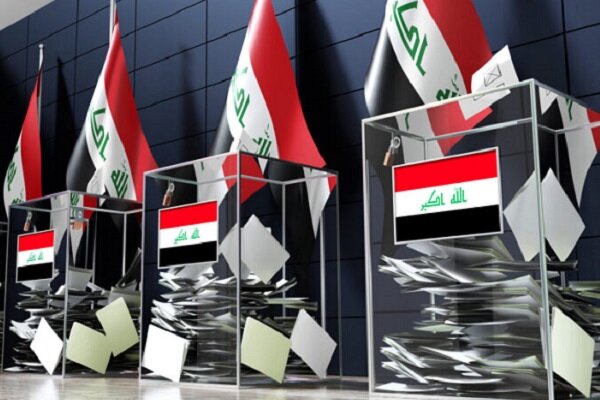
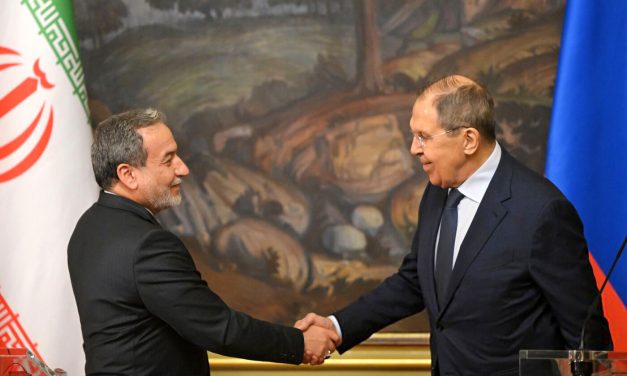
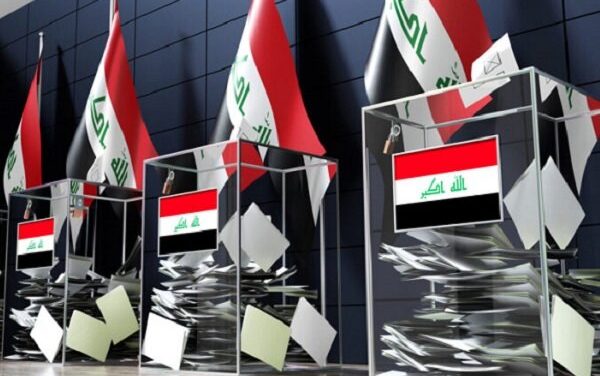

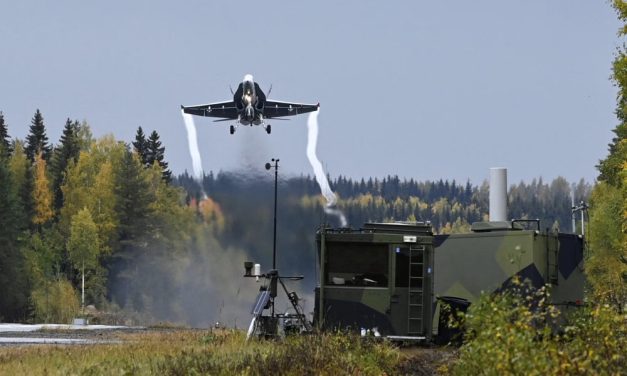
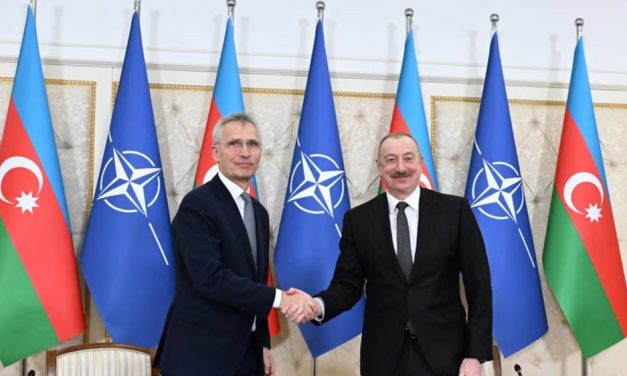
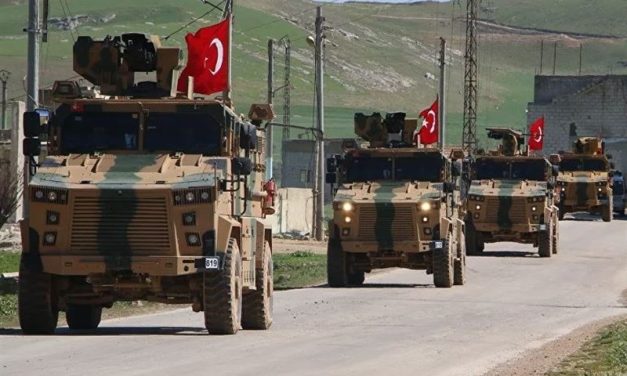
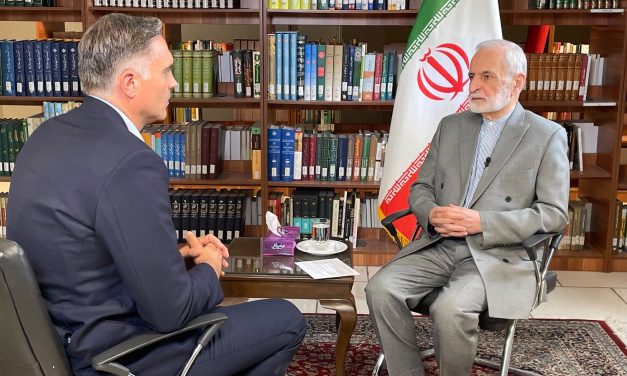
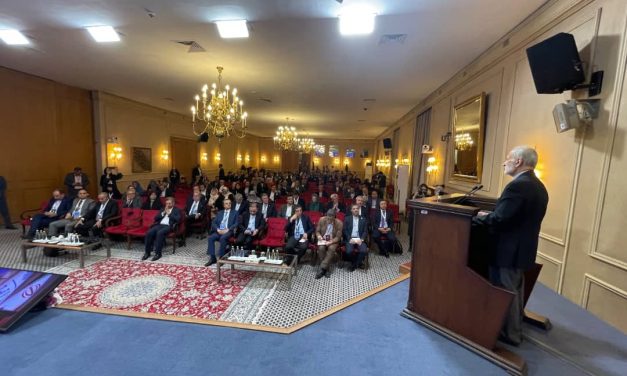

0 Comments